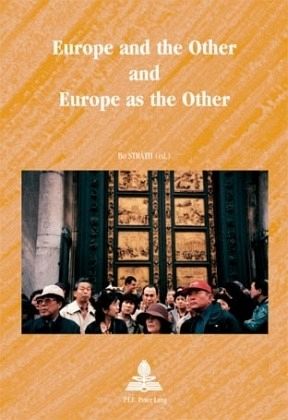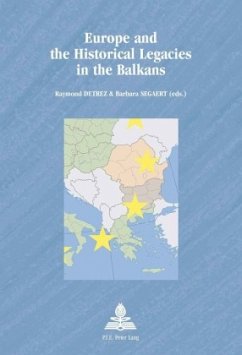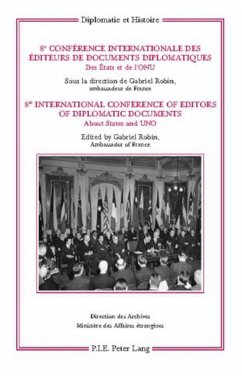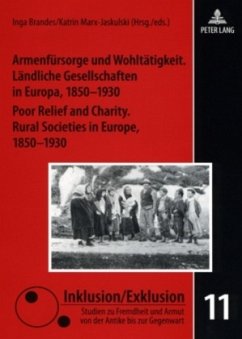
Europe and the Other and Europe as the Other
Versandkostenfrei!
Versandfertig in 6-10 Tagen
81,70 €
inkl. MwSt.

PAYBACK Punkte
0 °P sammeln!
This book contributes to the debate on what Europe means by demonstrating the complexities and contradictions inherent in the concept. They are seen most clearly when Europe is viewed from a long historical perspective. During the closing decades of the twentieth century Europe emerged as one of the main points of reference in both the cultural and the political constructs of the global community. An obsession with the concept of European identity is readily discernible. This process of identity construction provokes critical questions which the book aims to address. At the same time the book ...
This book contributes to the debate on what Europe means by demonstrating the complexities and contradictions inherent in the concept. They are seen most clearly when Europe is viewed from a long historical perspective.
During the closing decades of the twentieth century Europe emerged as one of the main points of reference in both the cultural and the political constructs of the global community. An obsession with the concept of European identity is readily discernible. This process of identity construction provokes critical questions which the book aims to address. At the same time the book explores the opportunities offered by the concept of Europe to see how it may be used in the construction of the future. The approach is one of both deconstruction and reconstruction.
The issue of Europe is closely related in the book to more general issues concerning the cultural construction of community. The book should therefore be seen as the companion of Myth and Memory in the Construction of Community, which is also published by PIE-Peter Lang in the series Multiple Europes.
The book appears within the framework of a research project on the cultural construction of community in modernisation processes in comparison. This project is a joint enterprise of the European University Institute in Florence and the Humboldt University in Berlin sponsored by the Bank of Sweden Tercentenary Fund.
During the closing decades of the twentieth century Europe emerged as one of the main points of reference in both the cultural and the political constructs of the global community. An obsession with the concept of European identity is readily discernible. This process of identity construction provokes critical questions which the book aims to address. At the same time the book explores the opportunities offered by the concept of Europe to see how it may be used in the construction of the future. The approach is one of both deconstruction and reconstruction.
The issue of Europe is closely related in the book to more general issues concerning the cultural construction of community. The book should therefore be seen as the companion of Myth and Memory in the Construction of Community, which is also published by PIE-Peter Lang in the series Multiple Europes.
The book appears within the framework of a research project on the cultural construction of community in modernisation processes in comparison. This project is a joint enterprise of the European University Institute in Florence and the Humboldt University in Berlin sponsored by the Bank of Sweden Tercentenary Fund.












